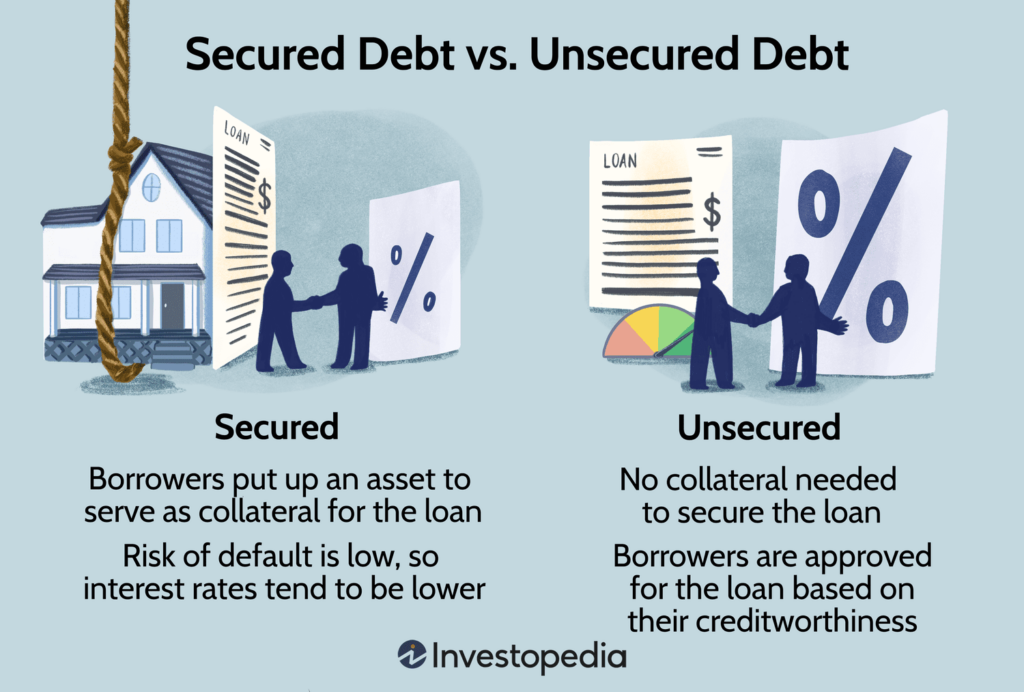Secured vs Unsecured Loans: Understanding the Differences
When it comes to borrowing money, there are two main categories of loans to choose from: secured and unsecured. Each type has its own advantages and disadvantages, depending on your financial situation and needs. In this article, we will explore the differences between secured and unsecured loans to help you make an informed decision when taking out a loan.
Secured Loans
Secured loans are backed by collateral, which is an asset that the borrower pledges to the lender in case they are unable to repay the loan. This could be a house, car, or other valuable property. Because the lender has this security, they are more willing to lend larger amounts of money at lower interest rates. However, if the borrower defaults on the loan, the lender has the right to seize the collateral to recoup their losses.
- Backed by collateral
- Lower interest rates
- Higher loan amounts
- Risk of losing collateral
Unsecured Loans
Unsecured loans, on the other hand, do not require any collateral. Because of this, they are typically more difficult to qualify for and come with higher interest rates. Lenders view unsecured loans as riskier, as they have no guarantee of repayment if the borrower defaults. However, unsecured loans are often preferred by borrowers who do not want to put their assets at risk.
Need Reliable VPS Hosting? Get high-performance virtual servers with full root access, SSD storage, and 24/7 support. Get VPS Hosting →
- No collateral required
- Higher interest rates
- Lower loan amounts
- More difficult to qualify for
Which is Right for You?
When deciding between a secured and unsecured loan, it’s important to consider your own financial situation and risk tolerance. If you have valuable assets to use as collateral and are looking for a large loan with lower interest rates, a secured loan may be the right choice for you. On the other hand, if you do not want to put your assets at risk and are willing to pay higher interest rates, an unsecured loan may be the better option.
Ultimately, the decision between a secured and unsecured loan will depend on your individual circumstances and financial goals. Be sure to carefully weigh the pros and cons of each type of loan before making a decision.
Whichever type of loan you choose, make sure to carefully read the terms and conditions of the loan agreement before signing. Understanding the terms of your loan can help you avoid any unexpected surprises down the line.
Remember, whether you choose a secured or unsecured loan, it’s important to borrow responsibly and only take out a loan that you can afford to repay.
